Snap election: Labour will be 'highly defensive'
- Published
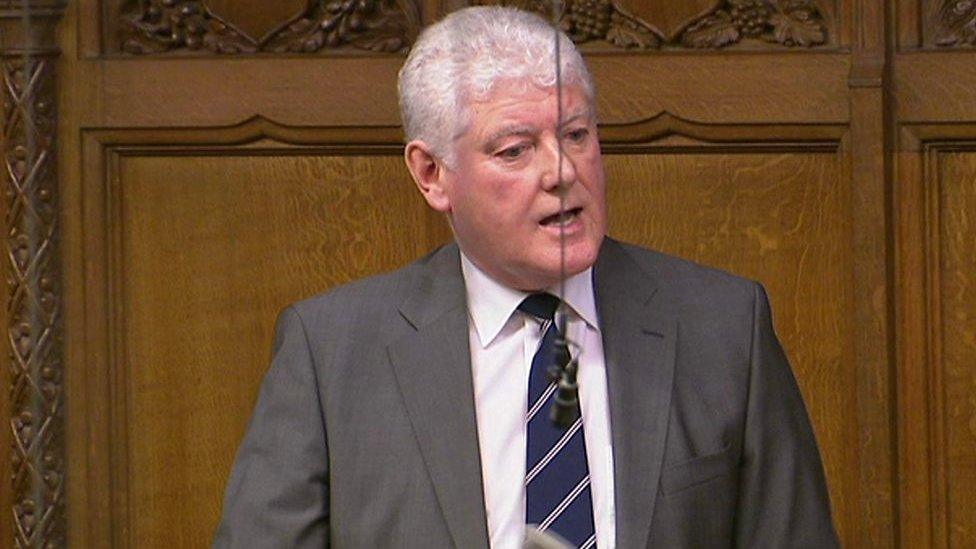
Byron Davies won Gower in 2015 with the smallest majority in the UK
When news of the snap election came through, I was appropriately on Worm's Head in Gower, the UK's tightest parliamentary constituency with a Conservative majority of 27.
What happens here on June 8 will be fascinating.
Labour clearly feel this is one that got away when they took their eye off the ball in 2015 and they will be determined it does not happen again.
The question is whether Jeremy Corbyn's current poll ratings act as a counter-balance to what will presumably be a much-stronger Labour local campaign than two years ago.
More broadly, I expect Labour to run a highly-defensive effort to hold on to what they have got under pressure from all angles.
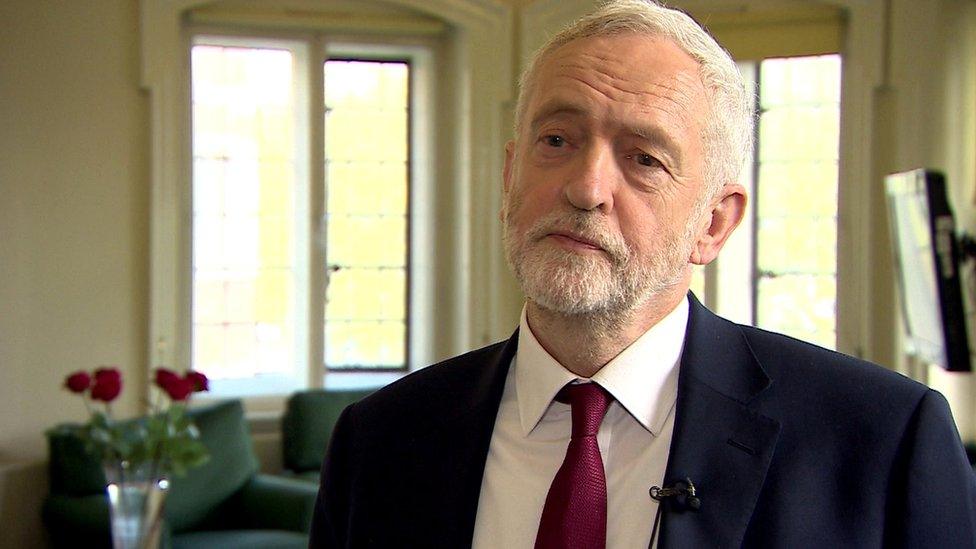
Jeremy Corbyn has welcomed the prospect of an early general election
Jeremy Corbyn looks like he will run on an anti-austerity ticket but the question is whether that can cut through Brexit.
A Welsh Labour source told me they could look to stress that, behind the rhetoric, there is actually very little between Labour and the Conservatives on EU withdrawal.
I am not sure that message will see the light of day if Labour figures continue to insist that Theresa May is only interested in a hard Brexit, prioritising control of immigration over economic ties.
The Welsh Secretary Alun Cairns has also taken to the airwaves to insist it will not be a general election campaign that is all about Brexit.
That remains to be seen when Tory supporters will be pounding the streets with the blunt message that Theresa May is the best person to oversee the entire process.
The calculation from the Tories will be that, after the leave vote in Wales, there will be large numbers of people prepared to give Theresa May a mandate to do exactly that.
One insider has told me they will look to use the more than 600 council candidates across Wales to continue campaigning once the local authority vote is completed next month.
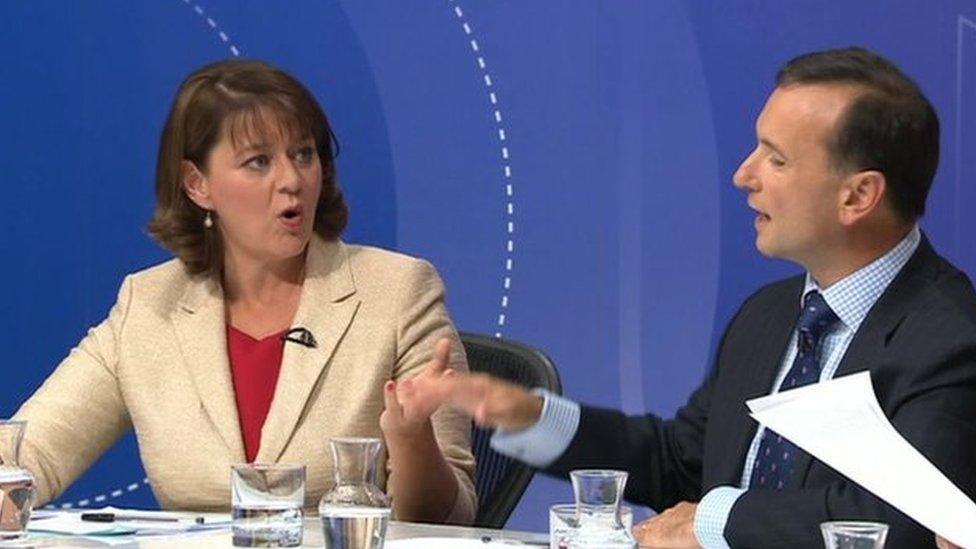
Could Leanne Wood take on Chris Bryant in the Rhondda?
The leader of Plaid Cymru Leanne Wood has refused to rule out standing in the general election.
The temptation must be to take on Chris Bryant in the Rhondda, and try to see off another high-profile Labour figure in the same way that she saw off former Welsh Government minister Leighton Andrews.
If successful, there would be obvious implications for her role at the assembly as party leader.
The Liberal Democrats, and UKIP, for wildly different reasons, both feel they have opportunities in the next seven weeks.
One obvious question is how the Welsh public feel about this.
I did a number of television broadcasts in the past 24 hours in which I have followed a correspondent in Northern Ireland. After his analysis of the situation there, the outlook in Wales looks remarkably straightforward.
Welsh voters may have faced fewer polls than in Northern Ireland and Scotland, but nevertheless the public will inevitably feel bombarded by events of recent years.
Another question is whether the debate has moved on or whether the general election will be a re-run of the hugely-divisive referendum and the old wounds are re-opened.
- Published19 April 2017
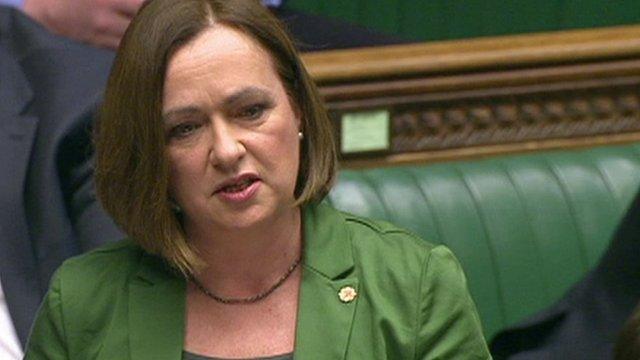
- Published19 April 2017
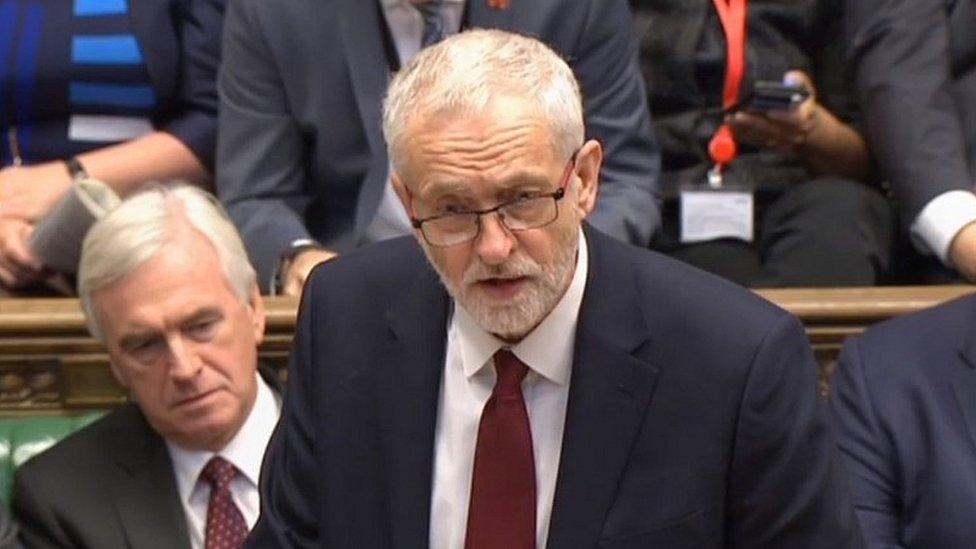
- Published18 April 2017
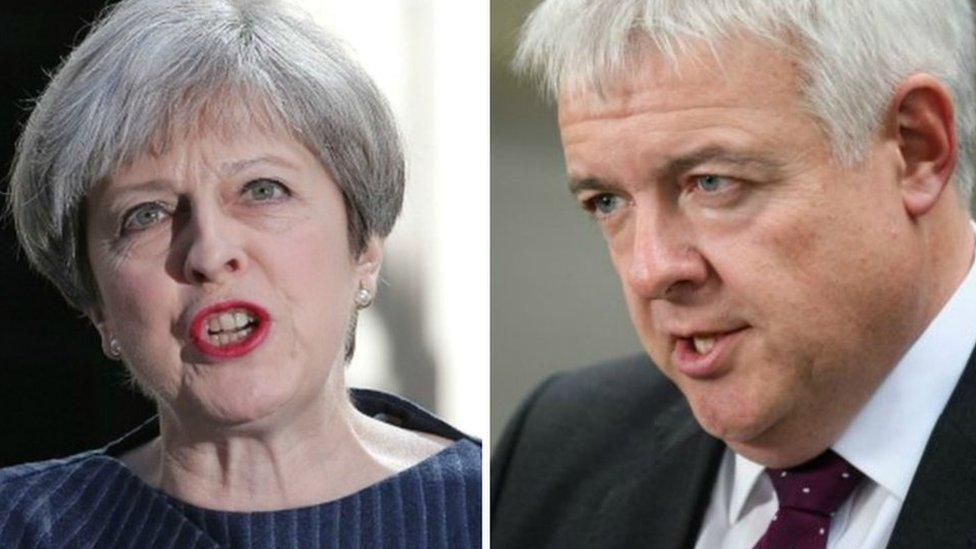
- Published18 April 2017
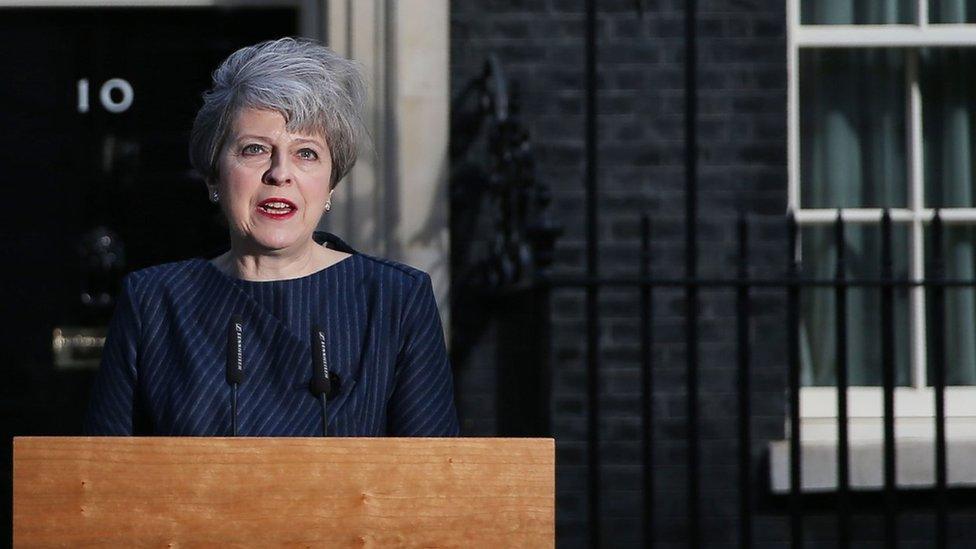
- Published18 April 2017
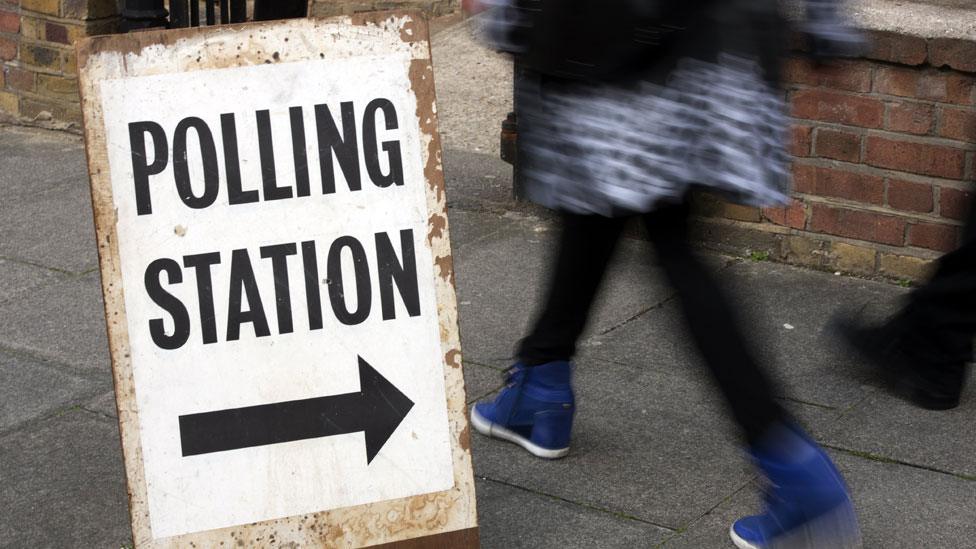
- Published18 April 2017
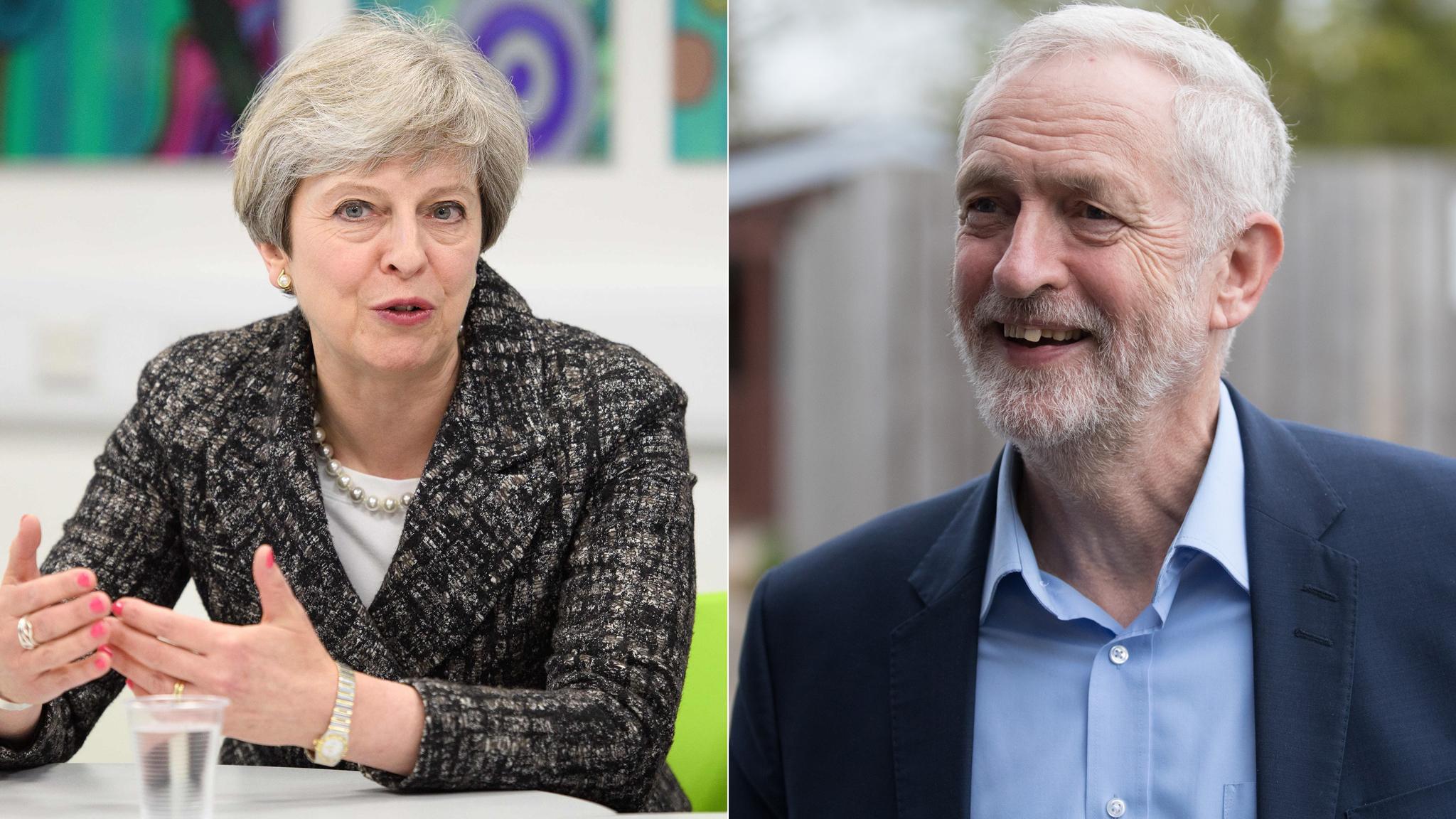
- Published18 April 2017
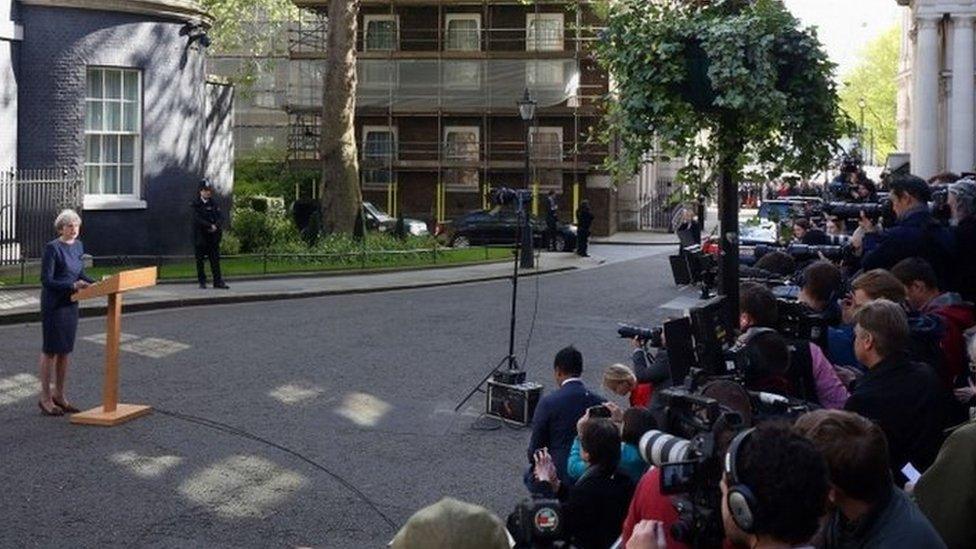
- Published18 April 2017